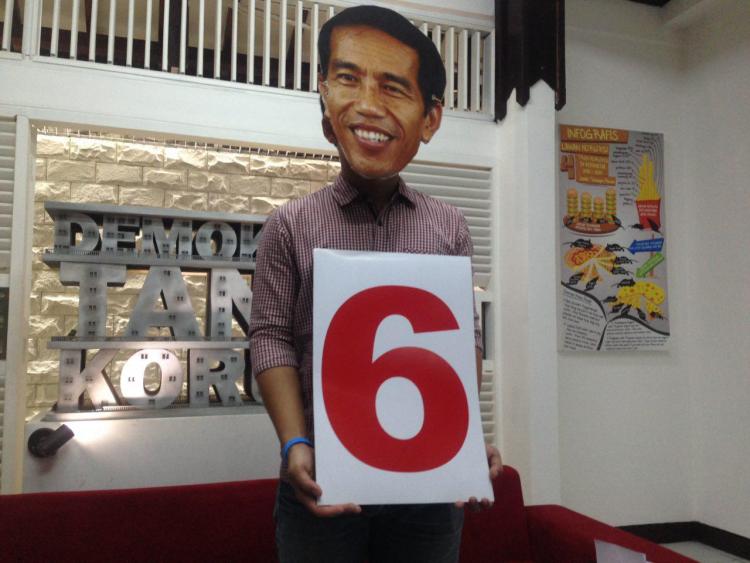In Depth Analysis: Two Years of Jokowi-JK, Eradication of Corruption is Still Not Prioritized

There are six important notes from ICW evaluation on the two years of Jokowi-JK cabinet, namely (1) performance of corruption case actions; (2) reform agenda in the Prosecutor’s Office and Police; (3) policy related to eradication of corruptions; (4) support on the Corruption Eradication Commission; (5) statement of corruption eradication from Jokowi-JK; and (6) implementation of Nawacita program in corruption eradication.
From corruption trend monitoring during 2015 and first semester of 2016, there was a decrease on corruption legal action cases performance. There are several issues that can be seen as the cause of the decrease, namely, the conflict between KPK and INP since the criminalization of KPK leaders. Also, performance decrease happens because of less budget is allocated to legal actions. Another cause is the policy in Inpres No.1 of 2016 and the Acceleration of National Strategic Project Implementation or commonly known as anti-criminalization Inpres.
Meanwhile, Prosecutor and Police reform agenda is not yet apparent. The performance of these two law enforcement bodies in the two years of Jokowi-JK cabinet and the second semester of 2015 are the followings: only 17% of the 911 cases investigated were followed up to prosecution. The remaining 82% corruption cases are stagnant. Since January 2015, Prosecutor office has formed a special task force to deal with corruption cases. However, many major corruption cases are stagnant with no clear legal process. Even the case of unidentified bank accounts involving ten regional leaders was halted by the Prosecutor Office. In addition, the indictment from prosecutors for corruptors are low, thus producing no deterrent effect to corruptors. Whereas reform in INP cannot be evaluated, especially due to the recent appointment of INP Chief Tito Karnavian.
From regulatory perspective, Jokowi-JK have not yet made any policy that support comprehensive corruption eradication. There is no law enforcement policy. Even draft of laws on Assets Forfeiture, Mutual Legal Assistance and Cash Transaction Limitation are still waiting to be discussed.
Meanwhile, Jokowi-JK are often seen in disharmony, especially in responding to cases related to law enforcement. ICT findings shows that 49 statements from Jokowi-JK during the two years, showed that Jokowi gave positive response while JK did not seem to support KPK. An example is the corruptor remission issue. Jokowi stated that corruptor remission is not necessary. On the contrary to Jokowi, JK and Minister of Law and Human Rights stated that remission is necessary to be given to corruptors.
Lastly, implementation of NAWACITA in corruption eradication is not yet apparent. There are 15 agenda of corruption eradication in NAWACITA, including the effort to create a just legal system and law enforcement in the law enforcement policy. However, in the past two years, supporting regulations are not yet including in the national legislation program. With these various notes, public have high hopes that Jokowi-JK can start putting themselves as the leaders for corruption eradication so that public trust on the government can be stronger.***










